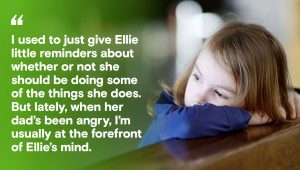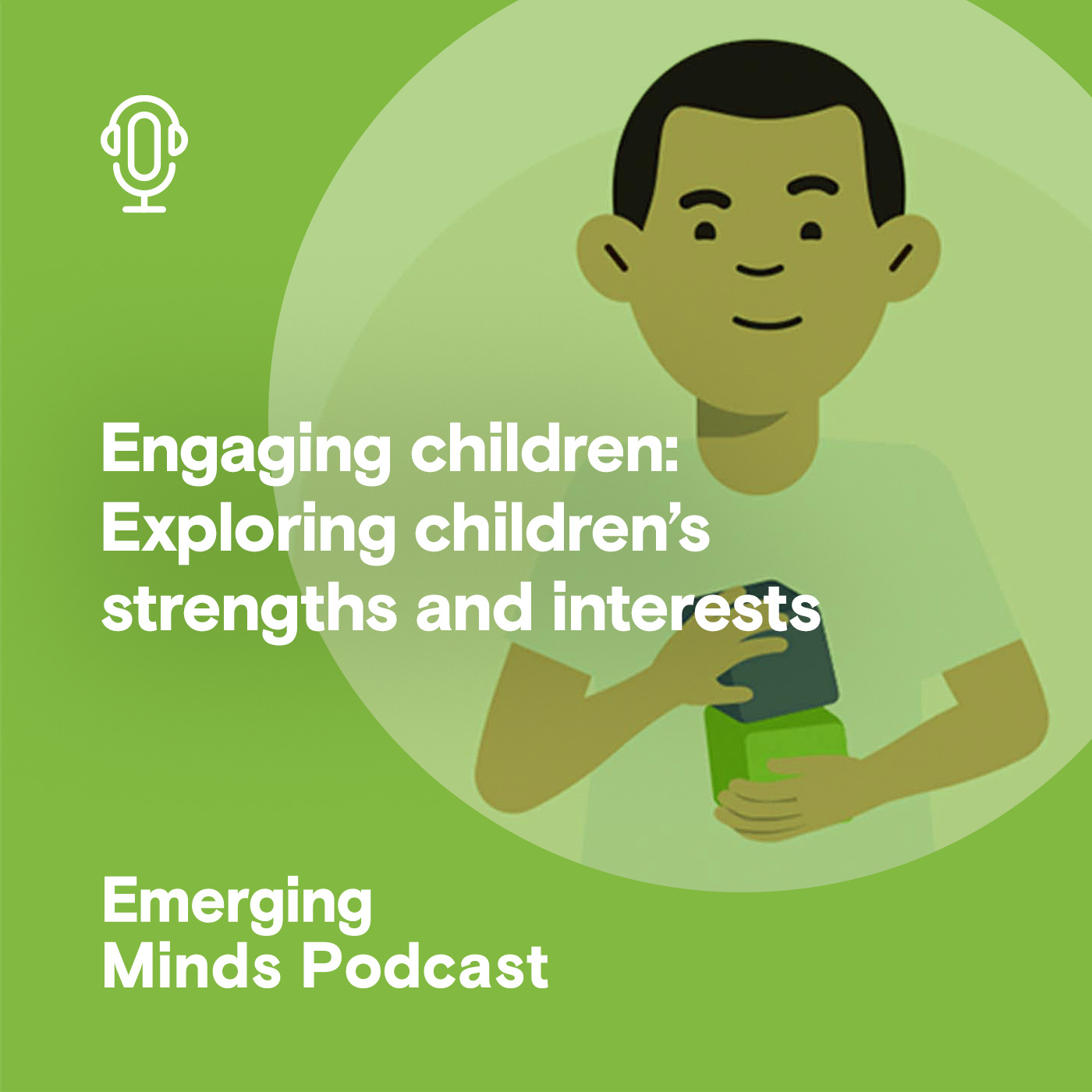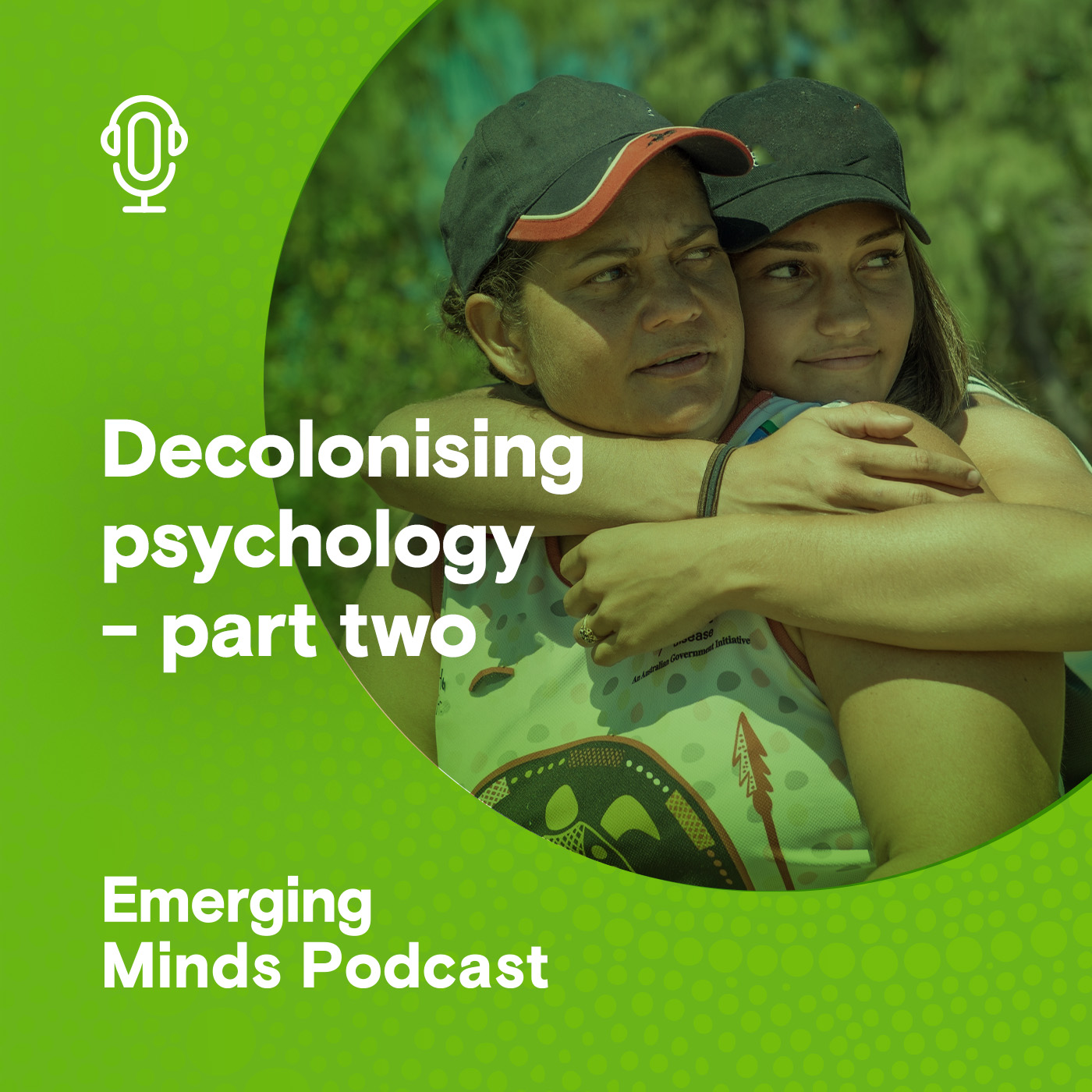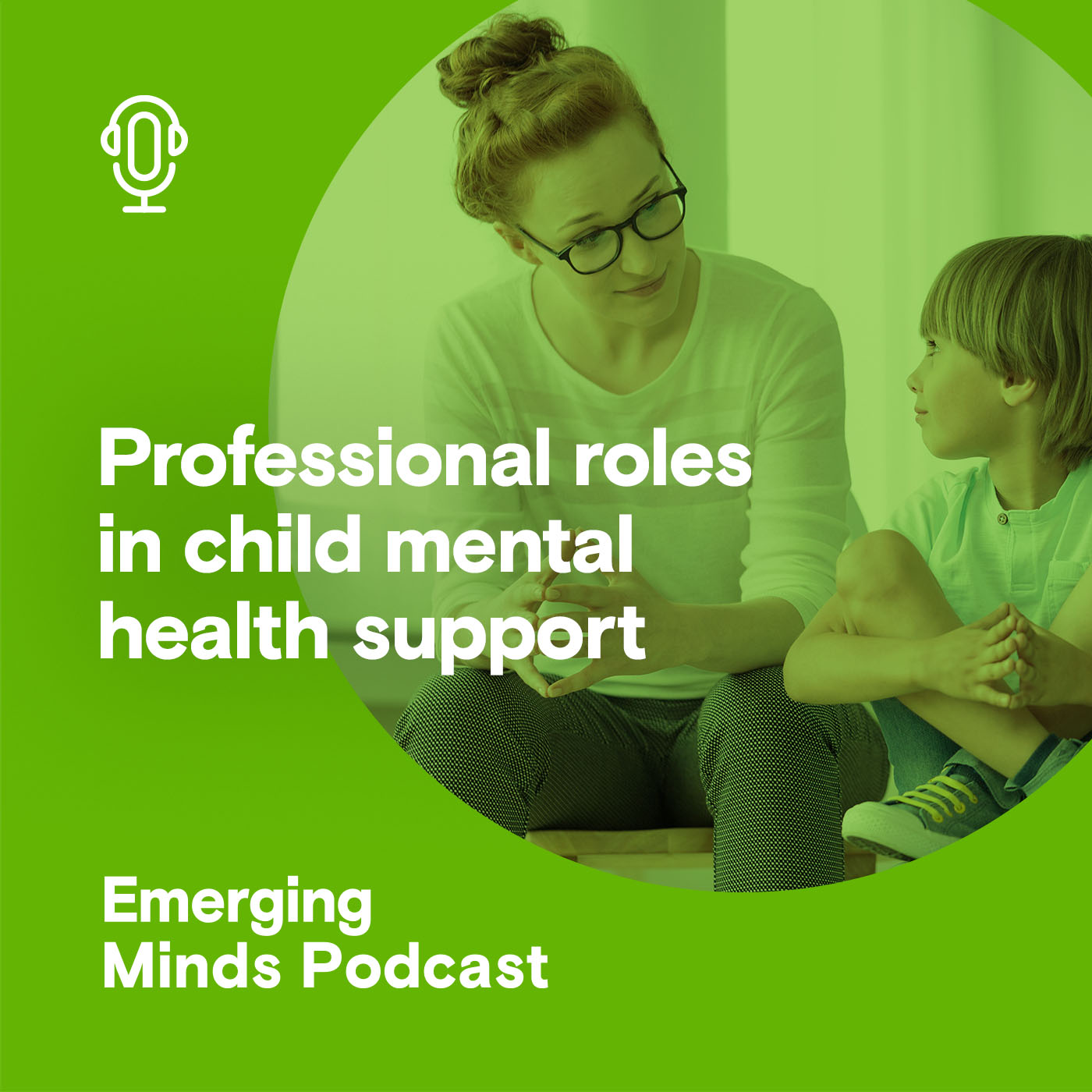Throughout this interview, we investigate the many roles Shame can play in a child’s life. We look at how they can help children develop an understanding of what they think is right and wrong, and of how to cooperate with others.
While Shame can be a positive influence in a child’s life, they can also become overwhelming for children who are living in unsafe or violent situations, particularly when influenced by Self-blame and Guilt. This is the case for Ellie, an eight-year-old girl who is witnessing much of the physical and verbal violence being perpetrated by her dad towards her mum. Ellie’s dad has become very critical of Ellie, accusing her of being too reliant on her mum. This has started to make Ellie believe she is responsible for the violence and uncertainty in their home, and has led Ellie to call upon Shame more and more in her daily life.
Shame speaks about the supports that can make Ellie feel less guilt or self-blame about her home life, like her grandmother who visits her from out of town. But ultimately, when Ellie’s grandmother leaves, she returns to many of the negative messages that are reinforced when her dad becomes violent. To find the right amount of shame in her life, Ellie needs more supportive adults like her grandmother to focus on her strengths, teach her how to talk about what she’s feeling, and to talk about the ‘big secrets’ like family and domestic violence so Ellie no longer has to make up her own understandings.

In this episode you will learn:

Research shows children like adults to be interested in what they’re into, what they need, and how they respond when things are happening around...

In the second episode of this series, Professor Pat Dudgeon AM, Belle Selkirk and Dr Joanna Alexi delve into the essence of decolonising psychology....

In this episode, we explore the roles of different types of professionals who work with children and families in the child mental health support...